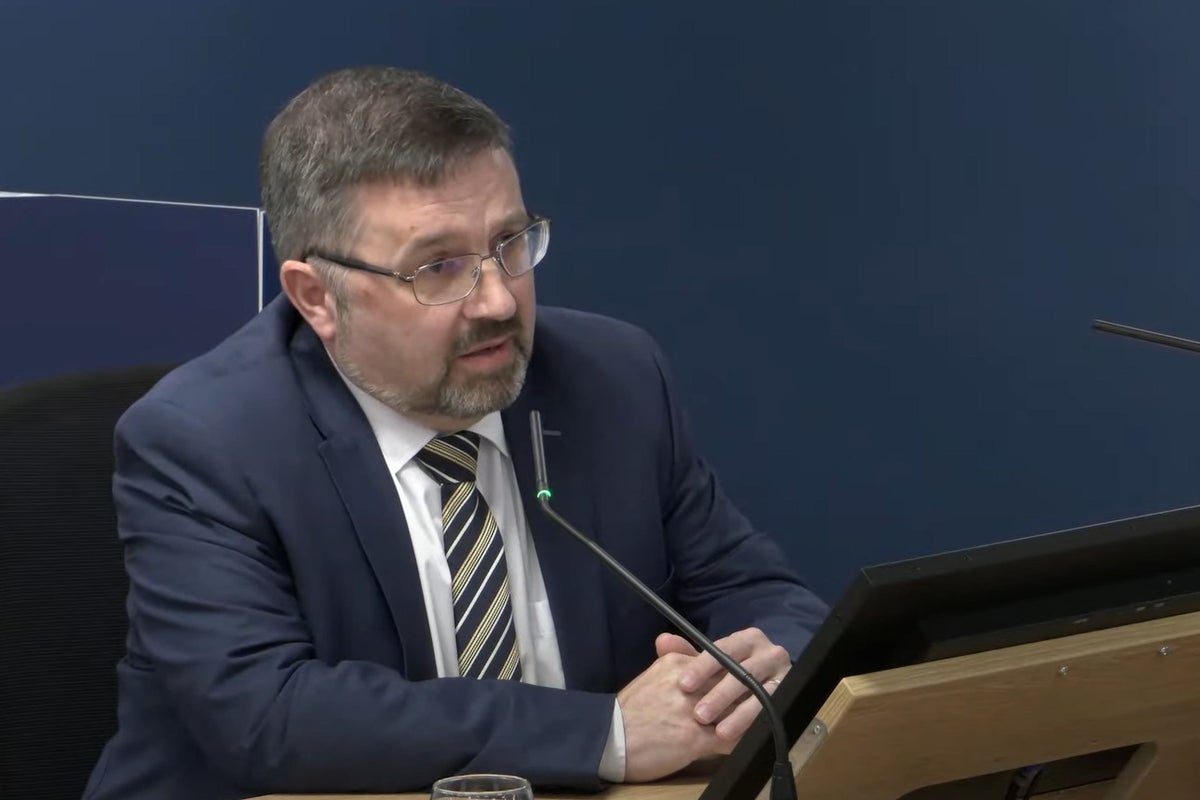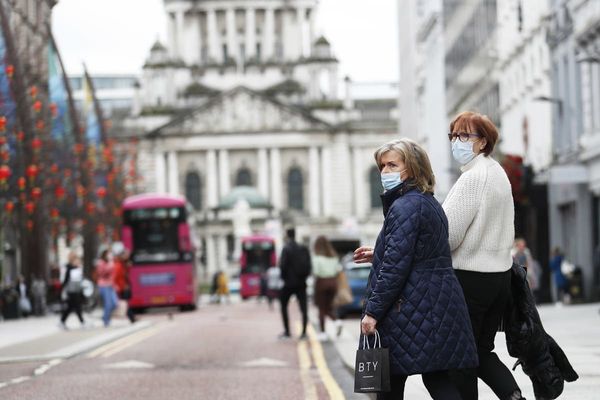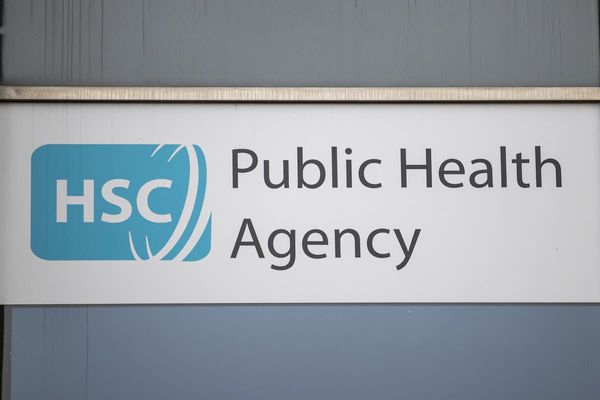
Years of neglect of Northern Ireland’s health service hindered its ability to respond to the coronavirus pandemic, the region’s former health minister has said.
Robin Swann served as the Stormont health minister from the eve of the pandemic in January 2020 until the executive’s collapse last year.
Giving evidence to the UK Covid-19 Inquiry, he said years of stop-start government and short-term budgets had prevented the reform needed.
Mr Swann is the first politician from Northern Ireland to give evidence to the inquiry.
He started his evidence by extending his condolences to all the families who had lost loved ones during the pandemic, as well as thanking health staff for their efforts.
He also agreed with evidence given to the inquiry earlier by senior official Dr Denis McMahon that ministers were crucial and their absence was unacceptable.
Mr Swann said: “I believe firmly in devolution in Northern Ireland.
“It is also unfortunate that we’re back in that situation again, where we don’t have a functional executive or a minister of health at this point in time.”
Mr Swann took up the health portfolio after the department had gone three years without a minister, and was immediately faced with industrial action by staff, as well as the worst waiting lists in the UK.
He said the Bengoa Report in 2016 had set out a transformation of the health service that would have been possible.
We've had numerous reviews in regards to different aspects of our health and social care service across Northern Ireland that have been failed to be enacted— Former health minister for Northern Ireland Robin Swann
But the following year, 2017, the executive collapsed following the resignation of then-deputy first minister Martin McGuinness.
“I’m a firm believer there were opportunities that were missed in regards to that period,” Mr Swann said.
He also said opportunities for reform were lost due to one-year budgets.
“We’ve been working with a single year budget from 2015/16,” he said.
“We’ve had numerous reviews in regards to different aspects of our health and social care service across Northern Ireland that have been failed to be enacted.”
Mr Swann said he still agreed with a previous statement he made that Stormont had let down the health service, with vital services underfunded, short-term decisions preferred over long-term planning, difficult choices ducked, staff underappreciated and social care particularly neglected.
He said the state of the health service in 2020 meant that surge capacity during the pandemic could only be found by redirecting and standing down other services.
Earlier, one of Northern Ireland’s most senior officials said some things could have been done differently during the pandemic.
Dr McMahon, permanent secretary of the Executive Office, outlined the challenges that faced Northern Ireland at the start of pandemic in 2020, including years of stop-start government at Stormont, staff shortages and “cannibalising” of departments to find employees to prepare for Brexit.
He told the inquiry: “I use none of this as an excuse, there are issues that we could have done differently.”
But he said it was important to set out the context.
The region has been without ministers in the devolved administration at Stormont for around four of the last six years due to political breakdowns.
We were genuinely scared of the consequences of a no-deal exit, and that meant that all of our attention was focused on it— Dr Denis McMahon
The executive effectively collapsed in 2017 after the resignation of Mr McGuinness, before being resurrected in January 2020.
It functioned through most of the pandemic before the resignation of Paul Givan as first minister in February 2022 saw it fall again.
Dr McMahon expressed his condolences to people who had lost loved ones during the pandemic, saying he had listened to their impact statements to the inquiry, adding “you couldn’t fail to be moved” by their words.
He described the period before the pandemic, when he was at the helm of the region’s department of agriculture, and was preparing for the possibility of the UK leaving the EU without a political settlement.
He said Northern Ireland, as the only part of the UK with a land border with the EU, would face a major impact in the event of a no-deal Brexit, which was feared at that time.
He also referred to losing 4,400 staff between 2014 and 2017, resulting in the “cannibalisation” of departments to prepare for Brexit.
He said officials were facing huge reductions in exports, 1.9 million export health certificates to transfer food across the border, and small businesses going out of business overnight.
“We were genuinely scared of the consequences of a no-deal exit, and that meant that all of our attention was focused on it,” he said.
Frankly (it is) an unacceptable position, not to have ministers - it is so fundamental to the operation of governments— Dr Denis McMahon
“Again, I don’t say that to make an excuse but it’s to give a sense of what we were dealing with and how that affected the administration.”
Dr McMahon became permanent secretary of the Executive Office in 2021, mid-way through the pandemic.
He said an emergency hub set up to deal with the ramifications of a no-deal was a model officials were able to use in the pandemic.
Dr McMahon described the ongoing situation, where civil servants are running departments, as “a unique position in Northern Ireland”, adding: “Frankly (it is) an unacceptable position, not to have ministers – it is so fundamental to the operation of governments.
“We need the direction and control, and we need the legitimacy that democratic accountability brings to decision making to make those difficult decisions.”
Dr McMahon said the lack of ministers between 2017 and 2020 had had an impact on emergency planning and, to some extent, civil servants were “flying blind” without ministerial direction.
The inquiry, announced by then-prime minister Boris Johnson in 2021, is examining the UK’s handling of the pandemic and is hearing from senior politicians, health officials and experts.










